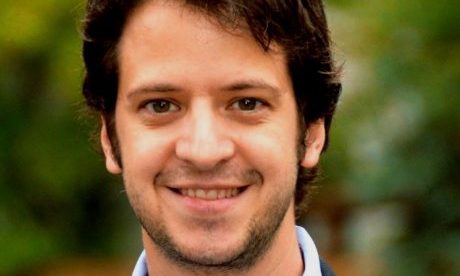Recently, a lady told me that she had just lost her brother who died suddenly, three days after a fall on the sidewalk. Unfortunately, the circumstances of his death leave some doubt as to the exact cause of death. Is it due to his cancer, discovered a few days earlier? Is it related to his psychiatric problems? Is it a case of “strongly encouraged” euthanasia?
The lady has a lot of questions, but no answer will be given. Indeed, despite her legitimate doubts, nobody is able to enlighten or reassure her.
On one hand, Quebec’s College of Physicians asked not to include “medical aid in dying” on the death certificates of patients. Instead, doctors must identify the main disease of the deceased. Therefore, it is impossible, for those who survive the deceased, to find a paper trail if euthanasia is the actual cause of death.
On the other hand, the lady has been given the answer that her brother being dead, there is nothing they can do for her. This is the uncompromising truth of death: it is irreversible.
Thus, survivors like this lady find themselves left behind. Alone in their grief. They are set aside to preserve the supreme principle of the autonomy of individuals.
In legalizing euthanasia, society has crowned the splendor of individualism in balancing the weight of two pains: the suffering of an individual versus the suffering of their relatives. They have decreed that the suffering of relatives should not be considered in calculating the benefit of euthanasia.
To reinforce this point, the flattering and illusory portrait presented to the public always depicts the same picture: a family and an entourage who fully agree with the decision of their relative’s wish to die, and a medical team in total harmony with the family. Continue reading
- Aubert Martin is the Executive Director of Vivre dans la Dignité (Living with Dignity), a Quebec-based organisation.
News category: Analysis and Comment.




